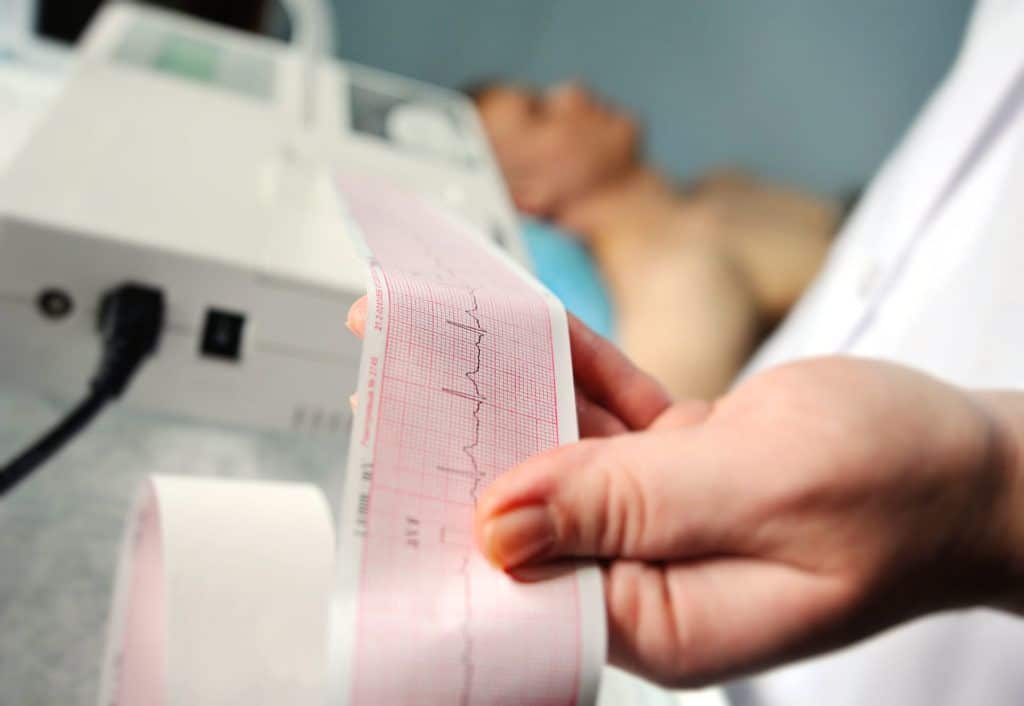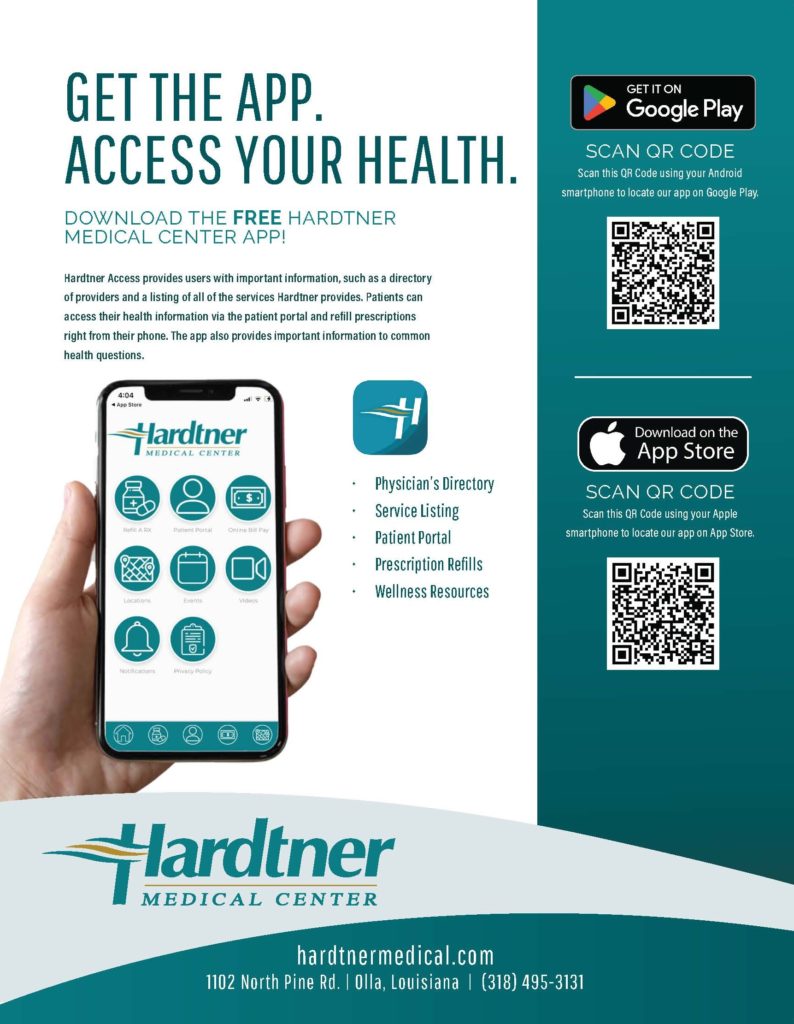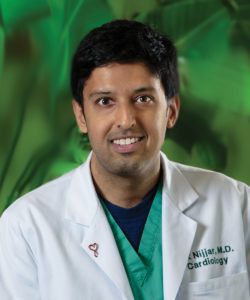
Cardiology
Cardiology is the study and treatment of disorders of the heart and the blood vessels. It deals with the diagnosis and treatment of such conditions as congenital heart defects, coronary artery disease, electrophysiology, heart failure and valvular heart disease. If a person has symptoms of a heart condition, their physician may refer them to a cardiologist.
Symptoms that can indicate a heart problem include:
- shortness of breath
- dizziness
- chest pains
- changes in heart rate or rhythm
- high blood pressure
There are many risk factors that contribute to the development of cardiovascular disease. Some people are born with conditions that predispose them to heart disease and stroke, but most people who develop cardiovascular disease do so because of a combination of factors such as poor diet, lack of physical activity and smoking, to name just three. The more risk factors you expose yourself to, the higher the chance of developing cardiovascular disease.
4 Tips for Heart Health
To avoid developing cardiovascular disease, follow these four tips:
- Keep your A (A1C), B (Blood pressure), Cs (Cholesterol) in check.
- Be physically active and maintain a healthy body weight. Any exercise is good exercise. Try for 30 minutes of moderate exercise, even a brisk walk everyday can show long term health benefits.
- Eat wisely. Cut back on foods high in saturated fat, trans fat, and cholesterol, such as butter, eggs, meat, and whole milk. Eat more foods high in fiber like fruits, vegetables & whole grain breads.
- Do not smoke, and if you do smoke, quit.







